Handheld RFID in Healthcare: Tracking Medical Equipment and Patient Safety
The healthcare industry is constantly evolving, with technology playing a pivotal role in improving efficiency, reducing errors, and enhancing patient safety. One such technology making a significant impact is Radio Frequency Identification (RFID). When combined with handheld RFID readers, healthcare facilities can achieve real-time tracking of medical equipment, streamline workflows, and minimize risks associated with misplaced or lost assets.
In this blog, we will explore how handheld RFID technology is transforming healthcare by improving medical equipment tracking and patient safety. We will also introduce the LS-H720 RFID Handheld Mobile Computer, a powerful tool designed for healthcare applications.
The Challenges in Healthcare Asset Management
Hospitals and clinics rely on a vast array of medical equipment, from infusion pumps and defibrillators to wheelchairs and surgical tools. However, managing these assets efficiently presents several challenges:
-
Lost or Misplaced Equipment – Medical devices are frequently moved between departments, leading to misplaced items and wasted time searching for them.
-
Maintenance and Calibration – Many devices require regular maintenance, and manual tracking can lead to missed inspections.
-
Theft and Unauthorized Use – High-value equipment is susceptible to theft or misuse if not properly monitored.
-
Patient Safety Risks – Using unsterilized or expired equipment can pose serious health risks.
Traditional barcode-based tracking systems are helpful but have limitations, such as requiring line-of-sight scanning and manual data entry. RFID technology overcomes these challenges by enabling automatic, contactless identification of tagged items.
How Handheld RFID Improves Medical Equipment Tracking
1. Real-Time Location Tracking
Handheld RFID readers allow healthcare staff to quickly locate tagged equipment by scanning RFID tags from a distance. Unlike barcodes, RFID does not require direct visibility, meaning items can be detected even when stored inside cabinets or behind other objects.
2. Automated Inventory Management
Manual inventory checks are time-consuming and prone to errors. With RFID, hospitals can conduct automated inventory audits in minutes, ensuring accurate records of equipment availability and reducing stockouts.
3. Preventive Maintenance Alerts
RFID tags can store maintenance history and calibration dates. Handheld RFID readers can scan these tags and alert staff when servicing is due, preventing equipment failures before they occur.
4. Enhanced Sterilization Tracking
Surgical instruments must be properly sterilized before each use. RFID tags can track sterilization cycles, ensuring compliance with hygiene protocols and reducing infection risks.
5. Reduced Equipment Theft
By tagging high-value assets, hospitals can monitor their movement and receive alerts if equipment leaves designated areas without authorization.
Improving Patient Safety with RFID
Beyond asset tracking, RFID technology enhances patient safety in several ways:
1. Accurate Patient-Device Matching
RFID wristbands can link patients to their prescribed medications, blood samples, or medical devices, reducing errors in treatment.
2. Preventing Counterfeit Drugs
Pharmaceutical companies use RFID to authenticate medications, ensuring patients receive genuine, unexpired drugs.
3. Faster Emergency Response
In emergencies, RFID helps locate critical devices (e.g., defibrillators) instantly, saving valuable time.
Introducing the LS-H720 RFID Handheld Mobile Computer
To maximize the benefits of RFID in healthcare, hospitals need a reliable, portable, and user-friendly RFID reader. The LS-H720 RFID Handheld Mobile Computer is an advanced solution designed for healthcare environments.
Key Features:
✔ High-Performance UHF RFID Reading – Captures RFID tags from a distance, improving scanning efficiency.
✔ Rugged Design – Built to withstand drops, spills, and frequent sanitization.
✔ Long Battery Life – Ensures uninterrupted operation during long shifts.
✔ Bluetooth & Wi-Fi Connectivity – Enables seamless integration with hospital management systems.
✔ Barcode Scanning & Camera – Supports hybrid tracking (RFID + barcode) for versatility.
Applications in Healthcare:
-
Medical Equipment Tracking – Locate infusion pumps, monitors, and surgical tools instantly.
-
Pharmaceutical Management – Track drug inventory and expiration dates.
-
Patient Identification – Scan RFID wristbands for accurate patient records.
-
Sterilization Compliance – Monitor instrument sterilization cycles.
Conclusion
Handheld RFID technology is revolutionizing healthcare by improving medical equipment tracking, operational efficiency, and patient safety. Hospitals that adopt RFID solutions like the LS-H720 RFID Handheld Mobile Computer can reduce costs, prevent errors, and enhance overall care quality.
As healthcare continues to embrace digital transformation, RFID will play an increasingly vital role in ensuring smarter, safer, and more efficient medical environments.
Is your healthcare facility ready to leverage RFID technology? Investing in the right handheld RFID solution could be the key to unlocking a new level of operational excellence.
Would you like more details on how to implement RFID in your hospital? Let us know in the comments! 🚀
No comments



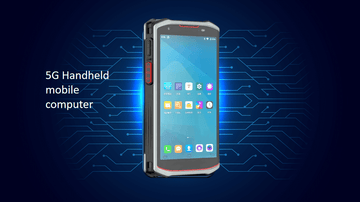
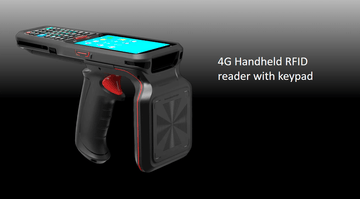



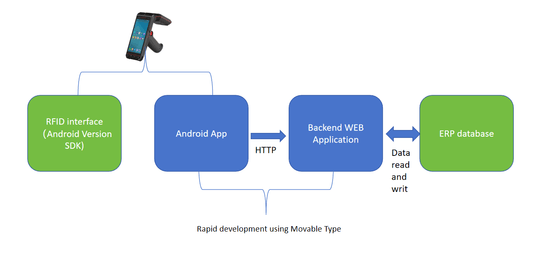

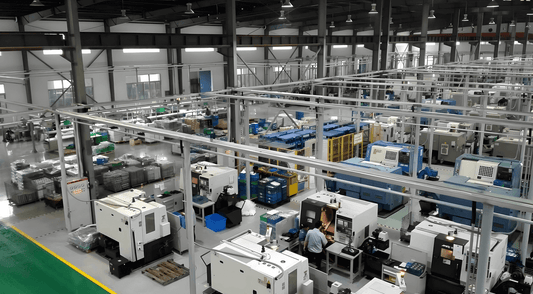
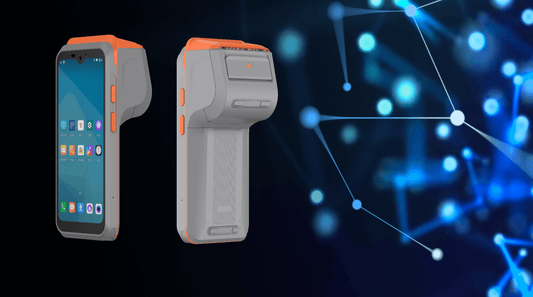
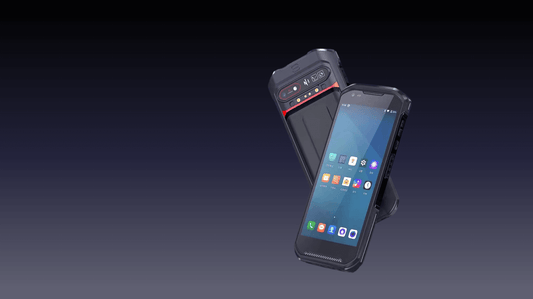
0 comments